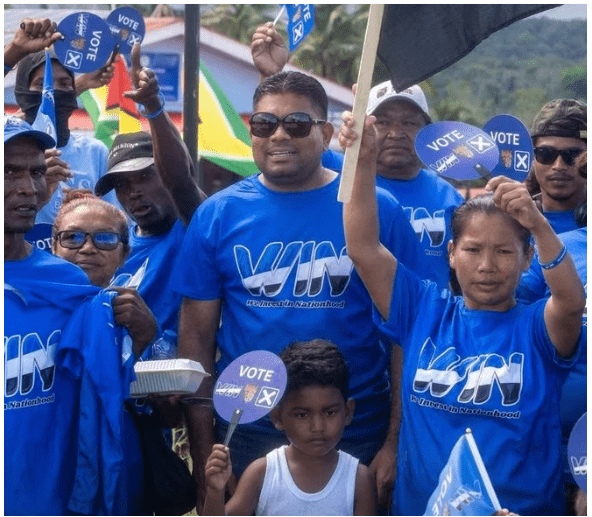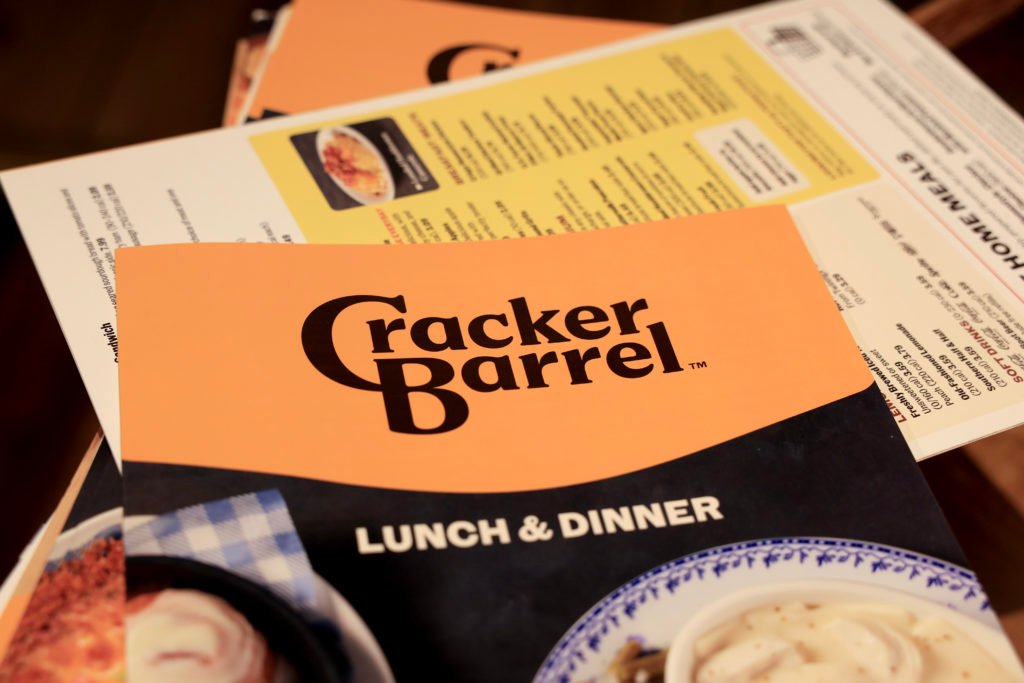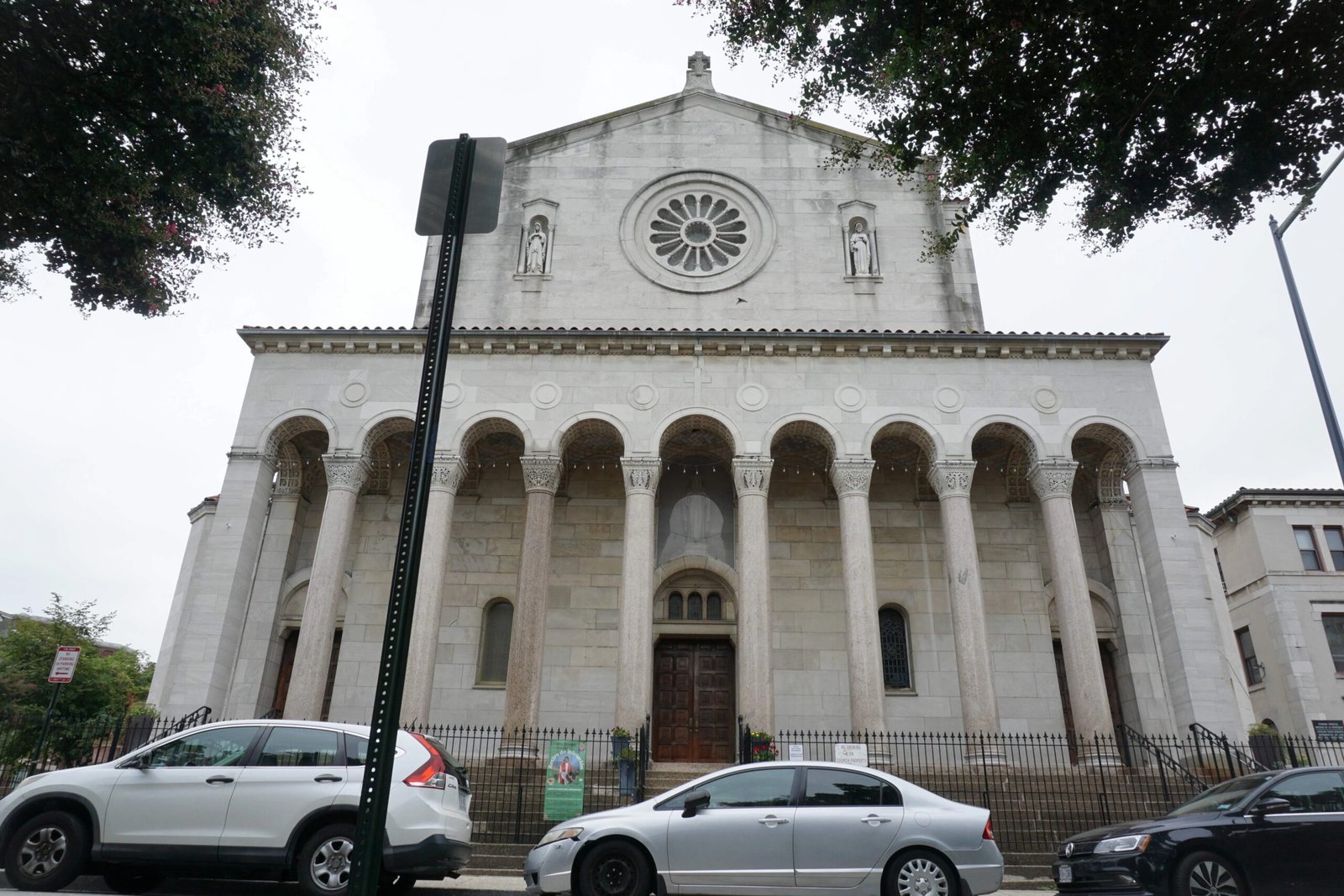BY NAN News Editor
News Americas, NEW YORK, NY, Thurs. August 21, 2025: The countdown is on in the oil-rich South American CARICOM nation of Guyana, where voters head to the polls on Sept. 1 amid fresh warnings from international observers and claims of political discrimination from a new third party.
The US-based Carter Center, which has been observing Guyana’s electoral process since June, said in a preliminary assessment this week that several issues risk undermining the integrity of the electoral process.
The Atlanta-based watchdog noted that these include “local authorities’ approvals of campaign events, alleged intimidation of public workers, and overcompliance by local banks with recent U.S. sanctions, which threatens to hinder political participation.”

In June 2024, the U.S. government sanctioned the We Invest in Nationhood (WIN) Party presidential candidate, Azruddin Mohamed, his father Nazar Mohamed, several of their businesses, and Guyanese government official Mae Thomas Jr. for public corruption. The U.S. Department of Treasury’s Office of Foreign Assets Control (OFAC) blocked Mohamed’s assets in the U.S. financial system, and aimed to prevent transactions of money, goods, and services that would benefit Mohamed or the others within the U.S. financial system.
Following approval of WIN’s list in July 2025, local commercial banks, Bank of Nova Scotia, Guyana Bank for Trade and Industry, New Building Society, and Demerara Bank, reportedly closed the personal bank accounts of approximately 40 WIN candidates, party members, and their associates.
Reportedly, some candidates also have been dismissed by private-sector employers for appearing on WIN’s list. Although the banks have not provided a detailed public explanation of their actions, they are reportedly concerned about secondary sanctions and their banking relationships with the U.S. financial system.
The Guyanese banking system operates within national laws and international regulatory standards to prevent the misuse of the international financial system. The Carter Center said while it “recognizes the banking sector’s caution, the relevant Financial Action Task Force (FATF) and OFAC standards and guidelines recommend a ‘risk-based’ approach to such matters and discourages overcompliance with practices such as blanket account closures (‘de-risking’).”
“The relevant practice indicates that the risk of secondary sanctions arises when there is a prohibited transaction or other significant dealing with a sanctioned person,” the Center said. “Mere political association, without evidence of such transactions or facilitation, does not constitute the proper basis for termination of accounts.”
The Carter Center added that it “is concerned that banks may be over-complying with U.S. sanctions, which undermines political participation and electoral integrity by discouraging people from participating fully in the political process.”
“The private sector has an important role to play in safeguarding democratic rights and freedoms and, as such, must ensure decisions do not discriminate against individuals for exercising those rights,” the Center said.
The warnings echo claims made by the We WIN, which alleges widespread financial discrimination against its members.
WIN says dozens of candidates and supporters have had bank accounts frozen, loans canceled, and even salaries withheld, leaving some unable to operate businesses or support families.
“Teachers cannot access their pay. Small business owners are being forced into cash-only survival,” the party said in a statement Wednesday, calling the treatment “political persecution in its rawest form.” WIN has appealed to CARICOM and the United Nations to intervene.
Mohamed denies wrongdoing and insists he remains eligible to contest the presidency as his lawyers deal with the legal case against him and his companies.
The WIN Party emphasized that these actions “violate international and regional commitments, including: Universal Declaration of Human Rights (Articles 2 and 7) – equality and protection from discrimination; International Covenant on Civil and Political Rights (Articles 25 and 26) – the right to participate in public life and equal protection under the law and the CARICOM Charter of Civil Society (1997) – which guarantees political rights and non-discrimination for citizens of member states.”
The WIN Party has called on CARICOM and the UN to: “publicly condemn the discriminatory practices; ensure immediate reinstatement of all affected accounts: engage with the Government of Guyana and banks to end political persecution; deploy observers to investigate and report and guarantee regional safeguards for fair financial access until citizens’ rights are fully restored.”
“This is about the fundamental right of every citizen to work, bank, and participate in democracy without fear,” the Party concluded.
The claims of discrimination from WIN comes as the party has gained national momentum ahead of the elections, attracting large multi-ethnic crowds nationally – a move many analysts is seen by the incumbent government as a threat to their retention of power.
The incumbent People’s Progressive Party/Civic (PPP/C), led by Irfaan Ally, seeking another 5-year-term, has rejected allegations of interference, saying financial institutions are acting in line with global compliance standards.

But tensions flared again Thursday when police in Berbice, Region Six, stopped Mohamed’s convoy over an “obscure” license plate and tinted windows as he headed to a rally in a PPP/C stronghold. WIN leaders accused authorities of targeting them while PPP/C vehicles left a nearby government rally unchecked.
Allegations of State Misuse
The Carter Center said it has also received multiple complaints that the ruling party is misusing state resources, pointing to reports of government vehicles in campaign use, temporary workers deployed for political activities, and public events doubling as party promotions.
Since late July, the president announced promotions for 2,800 police officers and free bridge crossings. While not illegal under Guyana’s laws, the Center said such moves violate international best practices for a level playing field. It also cited concerns over state media bias in favor of the PPP/C.
OAS Mission
Meanwhile, the Organization of American States has deployed a 27-member Electoral Observation Mission led by former Jamaican Prime Minister Bruce Golding. Observers will monitor voting by the security forces on Aug. 22 and the general election on Sept. 1.
This marks the OAS’s seventh mission in Guyana, focusing on campaign financing, electoral technology, registries, and women’s participation.
Economic Backdrop
The vote comes as Guyana’s economy soars on the back of oil. The World Bank reported 43.4 percent GDP growth in 2022, with per-capita GDP at nearly $29,900 in 2024. Oil output averaged 616,000 barrels per day last year and is projected to hit 1.3 million by 2027.
Government revenues jumped to $2.57 billion in 2024, up from $1.62 billion in 2023, and could approach $10 billion annually by decade’s end. Poverty, however, still affects many: the World Bank put the $3-a-day headcount at significant levels in 2021, with unemployment near 10 percent.
ExxonMobil, Hess, and CNOOC, which control Guyana’s output, have reported billions in profits from their Guyana operations.
PARTIES CONTESTING THE ELECTION

Six parties, including the PPP/C main opposition A Partnership for National Unity, WIN, the Alliance for Change (AFC), the Assembly of Liberty and Prosperity, (ALP) and Forward Guyana Movement, (FGM), will contest the Sept. 1 election. Observers say the polls will test Guyana’s institutions as the country manages explosive oil-driven growth.




